Taiwan, Invasion & Trade, Part 2
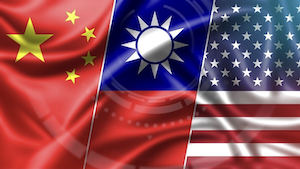
President elect Lai Ching-te’s victory in Taipei ignited tensions across the Taiwan strait and now the geopolitical field waits to see if China will kick off World War Three. I’m only slightly joking, but Beijing has exerted diplomatic pressure on nations maintaining close ties with the island in the past and Taiwan’s decision to remain a democracy will no doubt ramp up China’s reunification process in the coming months. But how will that affect trade relations?
How Brad Menard Makes Life Easy For Clients Who Work With US Customs and Compliance

In the complex world of international trade compliance, few people possess the expertise, dedication and problem-solving skills that Brad Menard, President of Braumiller Consulting Group, brings to his clients.
Latest Developments with The Uyghur Forced Labor Prevention Act and New Leadership at the Department of Homeland Security Signal Heavier Enforcement is Likely
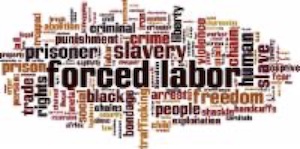
In recent years, the global spotlight has illuminated the grave concerns surrounding human rights violations within China’s Xinjiang region, particularly those impacting the Uyghur population. The Uyghur Forced Labor Prevention Act (UFLPA) stands as a pivotal piece of legislation designed to address these concerns and to ensure that products imported into the United States are devoid of forced labor originating from the Xinjiang region.
U.S. Trade, Nearshoring & China Mexico is Becoming a Popular Manufacturing Destination
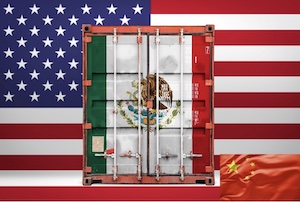
The implementation of trade policies in what many consider acts of protectionism and manipulation are the norm, and of course China and the U.S. are a prime example. Solutions include nearshoring, reshoring, and protectionism. It’s complicated, so for the purpose of this article, let’s stick with nearshoring.
Any Comments on FDA’s New Proposed Rule on Prior Notice Regulations?

On November 1, 2023, FDA issued a proposed rule that would make changes to its prior notice regulations, if the rule is finalized. These changes include requiring the name of the mail service and a mail tracking number to be provided in prior notice for food articles arriving by international mail. In addition, the FDA proposes that food facility registration information and prior notice be submitted within a specific timeframe after receiving certain notices of refusal or hold (“post-refusal” and “post-hold” submissions).
New Antidumping and Countervailing Duty Investigation Initiated Covering Aluminum Extrusions from 15 Countries
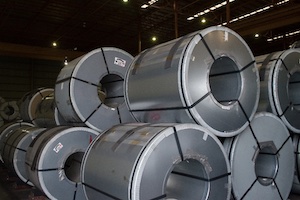
On October 4, 2023, A coalition of 14 U.S. aluminum extrusion producers and labor unions filed petitions before the Department of Commerce, International Trade Administration (Commerce) and the International Trade Commission (ITC) seeking to impose antidumping (AD) and countervailing duties (CVD) on aluminum extrusions produced in 15 countries and exported to the U.S.
Legal Framework Governing IMMEX Operations
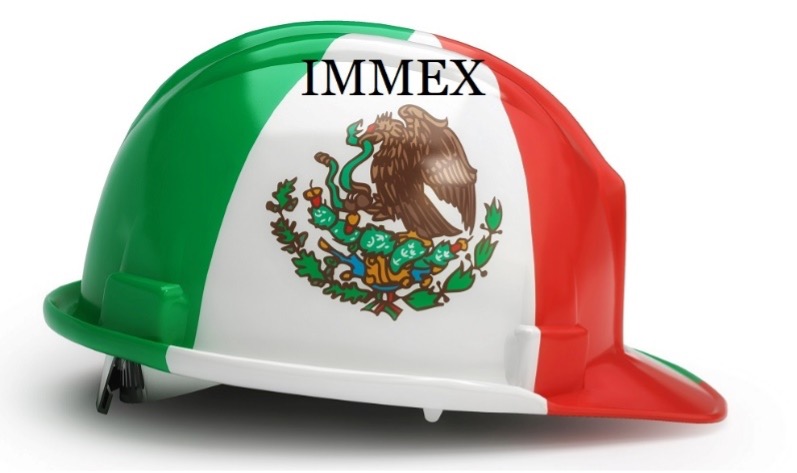
As we have previously explained in other articles, an IMMEX is a duty deferral program from the Mexican federal government created in 2006, which stands for Industria Manufacturera, Maquiladora y de Servicios de Exportación (Manufacturing, Maquiladora and Export Services Industry).
Overview of BIS’s Interim Final Rules, Export Controls for Advanced Computing, Supercomputing, and Artificial Intelligence

On October 25, 2023, the Bureau of Industry and Security (“BIS”) published interim final rules amending the Export Administration Regulations (“EAR”) to add/clarify new controls on semiconductor manufacturing equipment (“SME”), advanced computing integrated circuits (“IC”), and computer commodities containing them.
Challenges Ahead! – Requesting to be Excluded From the Xinjiang Exclusions
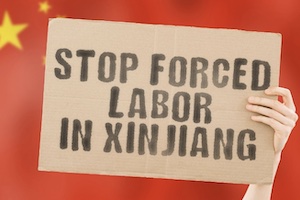
In April of this year U.S. Customs & Border Protection (CBP) issued Headquarters Ruling H330077. The ruling was in response to a protest filed by an importer that had a shipment of wearing apparel excluded from entry under a Withhold Release Order (WRO) at the port of Newark, NJ. The wearing apparel was processed from cotton produced in India, made into yarn and fabric in China, and converted to wearing apparel in Cambodia. None of the parties to the transaction were located in the Xinjiang Region of China.
OMB Issues Final Rule for Infrastructure Buy America Preferences
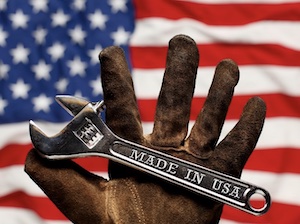
The Office of Management and Budget (“OMB”), Made in America Office issued a Final Rule to clarify the Build America, Buy America Act (“BABA”) provisions of the Infrastructure Investment and Jobs Act4 (“IIJA”) and to clarify existing provisions related to domestic preferences. The Final Rule amends Title 2 of the Code of Federal Regulations (“CFR”), subtitle A, chapter I by adding a new Part 184 to support implementation of BABA. OMB also amended 2 CFR 200.322 to clarify existing provisions within part 200. According to OMB, the Final Rule “is intended to improve consistency in the implementation of BABA requirements across the Federal Government.”5 The Final Rule will take effect October 23, 2023.
